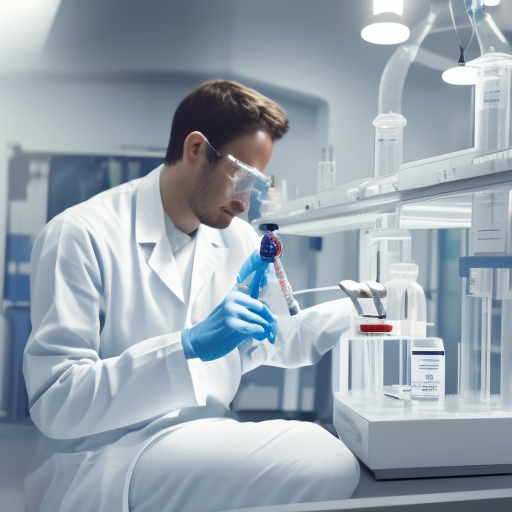
Inspired by this tweet.
In order for this market to apply, the clone must be of someone who was known to be highly intelligent or effective in some cognitive domain. The clone must reach an age where they can be expected to communicate about intellectual things. They also must be concious and able to communicate in some way. e.g. if a clone enters a vegitative state as a baby and is kept on life support for many years, they don't count.
In order to resolve YES, the clone needs to demonstrate similar capabilities. Of course they don't need to do anything as groundbreaking as the original person; a clone of Einstein obviously couldn't discover general relativity again. But they need to seem like they have a similar IQ or people skills or whatever the original person was known for.
People are also trading
The math for regression to the mean in this case is that you multiply the heritability by the difference of the cloned person from the mean (or the difference from their family mean) in order to get the expected trait level for the difference of the clone from the mean.
Heritability estimates vary a lot, I think often from like 40% to like 80%, and I don't have a great idea of what causes them to vary. One factor is surely measurement error, since worse measurement consistently leads to lower heritability. Some people argue that age also shows up, as in the heritability in childhood is lower than the heritability in adulthood. I haven't investigated whether they are right about age mattering, and would not be surprised if it is mainly driven by measurement error.
@tailcalled Oh also there's a distinction between the narrowsense heritability (sometimes denoted h^2) and the broadsense heritability (sometimes denoted H^2).
When people reproduce, their genes get mixed together with their partner's genes, leading to their children not being exact clones of themselves. This means that nonlinear genetic effects (e.g. "this person is ambitious" + "this person is interested in intellectual matters" => "this person is intellectually ambitious and puts a lot of effort into developing their cognition") disappear (with some caveats). What is left is the additive/linear effects (e.g. "this person has a larger brain" => "this person is smarter").
However when you make an exact clone, you get all the genes, and so both the linear and the nonlinear effects get counted.
Heritability estimates usually assume that there are no nonlinear effects, i.e. that h^2 = H^2. If they are wrong about this assumption, this makes them biased. (This is not the only potential bias. I mentioned measurement error as another bias before, and there's assortative mating as a third bias.)
@tailcalled My pet explanation for why heritability is higher in adulthood than in childhood because there's more extrinsic environmental forcing in childhood. In adulthood you mostly create your own environment.
@jfjurchen Good question. What if the cutoff were the amount of expected regression to the mean for a child of two parents with that IQ?